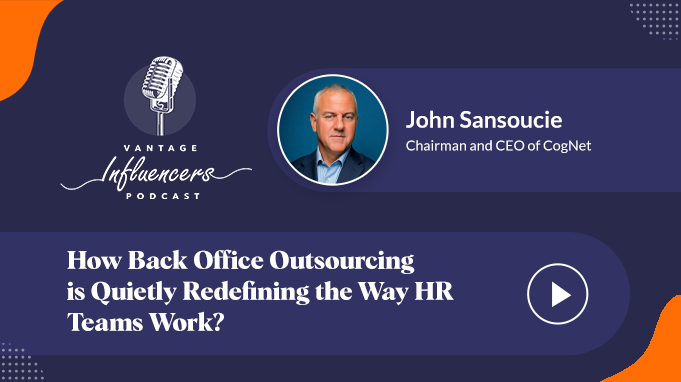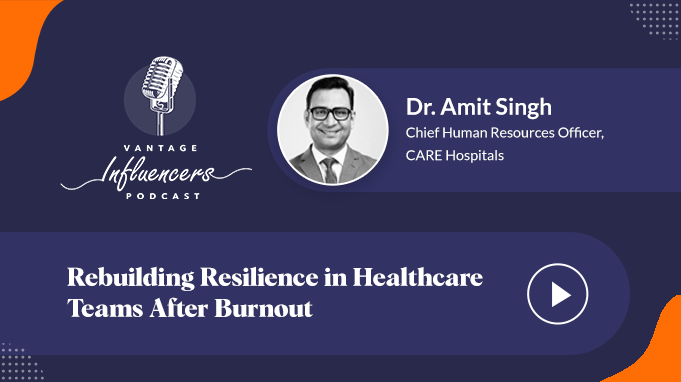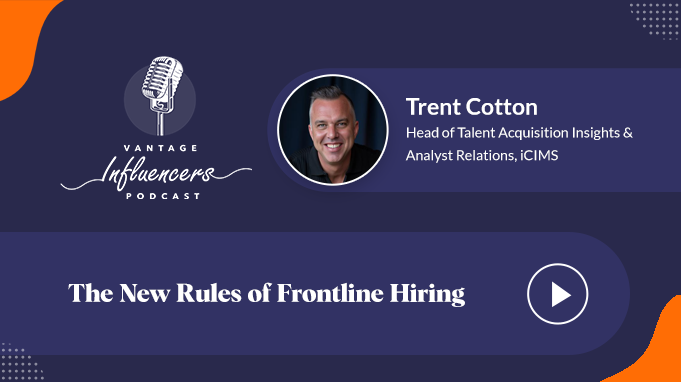We don’t really know what will happen in the future, but we can plan for it to some extent. It's called future-proofing, and it's a wise plan for organizations. Future-proofing your organization will give you an advantage in a competitive market, keep you sustainable, and set you up for long-term success. Especially in unpredictable times.
Prior to the pandemic, companies avoided adjusting to the demands of the new generations of workers. The workers who fought for more flexibility in their work schedules were dismissed and rebuked. When the in-office workers were surrounded by cultural initiatives, the remote workers were neglected.
Now when companies are restarting, employers are faced with the task of deciding how to better position their company for success. They are no longer influenced by what has worked in the past, but by what will work in the future. Employee health and wellbeing, as well as remote work, are now at top of the mind of many companies.
Today, employers must listen to and understand the needs of their workers in order to create a long-term company culture. And now we involve all our remote workers in our in-office activities quite easily.
In short, if companies want to stay competitive in these tough times, they'll need to reconsider their way of operation, develop new rules and procedures, and become more forward-thinking.
And generally, it is up to the leaders to influence and reshape workplace culture in order to create one that is feasible and long-term.
In this podcast, Alec Bashinsky talks about how to create a future-proof workplace, the importance of workplace leadership and how to leverage digital communication in the workplace in the post-covid 19 era. Along with Alec's suggestions to the aspiring HR professionals, this future of work podcast tells you the 2021 HR predictions by the Josh Bersin Academy.
Alec Bashinsky is a Strategic business thinker/ innovator and Future of work specialist who disrupts traditional Talent/ HR models and aligns people focus to deliver business outcomes. Alec is currently the APAC Partner for the Josh Bersin Academy which is the first global Professional Development Academy for HR. He also is the Managing Partner of Blackhall & Pearl Talent Advisory which focuses on HR/ Culture Transformation, Future of Work, the Talent Experience, and Diversity & Inclusion through the facilitation of advanced AI tools and insights.
His expertise is built on demonstrable HR & Business Transformation experience and he has strong change management and Leadership execution skills to underpin his successful achievements.
Prior to this, Alec was the Asia Pacific CHRO for Deloitte where he leads a team of Talent professionals responsible for 55,000 people in the AP Region, with offices in more than 120 cities in over 20 countries. Alec was also with Deloitte Australia for 12 years as CHRO – National Partner, People & Performance reporting directly to the CEO. He has also been a member of the Deloitte Global Talent Executive for 8 years.
In his Australian role, Alec was responsible for over 6500 employees and a team of over 90 people. His mandate is to drive a Performance Culture and build Leadership capability through establishing Leadership development, Talent Identification, Performance Culture, Diversity & Inclusion, Employee Engagement, and Shaping the Workforce of the Future as part of innovating the People strategy for Deloitte.
He has significantly realigned the Deloitte HR offering including differentiated and segment Talent, globally optimize Talent practices, and Predictive and Analytical Data Integration with the Business functions.
Alec’s previous roles were as CHRO with Deloitte as well as Senior Director Human Resources - Japan ; the Asia Pacific for Peoplesoft inc. Prior to this, Alec was the Group Manager - Human Resources for Cisco Systems for Australia /New Zealand for 3.5yrs, Asia Pacific HR Manager for 3Com, and amongst his other achievements saw him tackle the unique challenge of being the HR Director for the market entry of Toys R Us into Australia.
Connect with Alec Bashinsky on Linkedin
Show Notes:
(01:23) Please brief us about your experience in HR.
(02:25) As businesses begin to reopen, employers are challenged with how to set their organizations up for success. Do you feel the organizations should reevaluate their approach to business or augment their existing protocols to still remain competitive and mostly to create a future-proof workplace?
(03:44) HR teams have had to improve their organizational agility since the pandemic started in order to keep up with the rapid, unforeseen changes to their workplaces, including a major move to remote work. As the pandemic threatens to place many companies' futures in jeopardy, prioritizing and caring for workers has become crucial in making a future-proof workplace. But, in a way, HR has always been responsible for this, but now it has taken on a new sense. What is your opinion on the evolving role of HR given the anxiety caused by the outbreak of the covid 19 virus?
(06:33) Is it crucial to have leadership training for the tenured managers or new ones to cope up in a post covid 19 workplaces?
(07:57) As staff and office leaders struggled to adapt, the new normal, you know of work from home or say, adapting to the required technologies dictated by remote work, and most importantly digital communication— all of these have become a requirement rather than an option.
Do you think the overabundance of digital communication resulting in social & physical isolation, is sparking more need for actual human connection? I mean, to create a future-proof workplace, don’t you think, we should seriously focus on the human of HR from now onwards?
(11:00) During the pandemic we were all threatened by the increasing risks of the virus, and almost all of us have lost a relative or friend, which has a persisting impact on mind, causing a post-traumatic fear. Isn’t it the right time to realize the importance of mental health & take preventive measures for the employees?
(12:57) The future of the workplace is no longer molded around what has worked but instead what will work moving forward. Would you like to share some insights on this with our HRs and aspiring managers?
(18:17) Any HR book that you’ll suggest our listeners read?
(19:06) How can our listeners reach out to you?
















